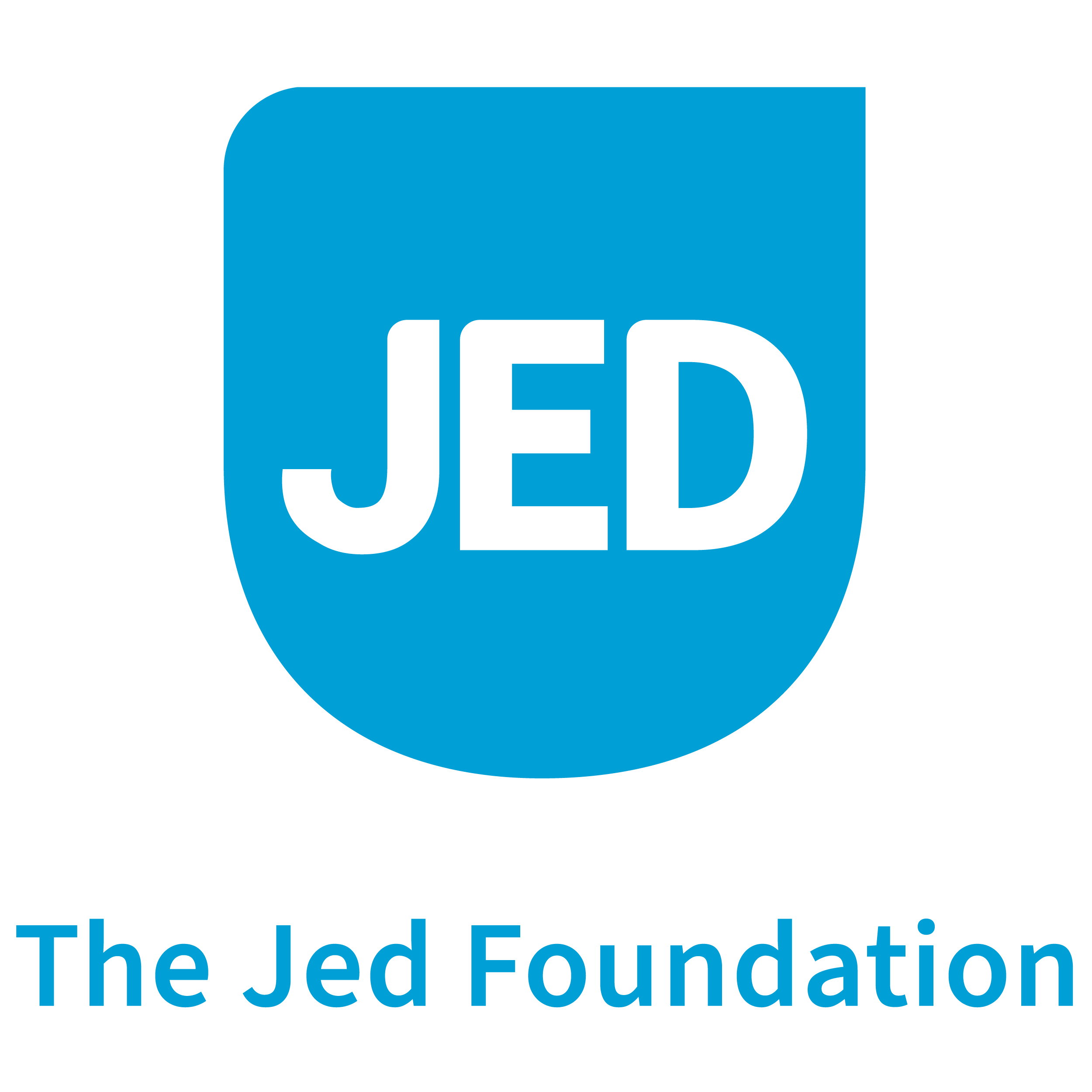
Drug use refers to consuming substances — whether legal or illegal — that alter mental or physical well-being. Although some substances, such as prescription medications, have beneficial uses when taken as directed, misuse occurs when substances are used in harmful or unhealthy ways.
Misuse can include using a drug more than prescribed, taking substances not intended for you, or using a drug because you are addicted to it.
Commonly misused substances include illegal drugs such as cocaine or ecstasy, as well as legal medications such as opioids, stimulants, or sedatives.
Emotional health challenges, such as stress, trauma, or anxiety, often drive substance misuse as a way to escape or cope.
Drug misuse can lead to significant consequences, including physical health issues, legal troubles, and strained relationships.
Recognizing signs of problematic use — such as mood changes, declining performance, withdrawal from social activities, or physical symptoms — is key to early intervention.
Professional support, including therapy, medical intervention, and support groups, can help individuals address underlying issues and find healthier coping strategies.
Avoid mentioning specific drugs you are using — prescribed or not — because it can encourage others to do the same, and potentially trigger people who have had difficulty with addiction.
Steer clear of making fun of yourself or others in high or intoxicated states, especially when those situations could be dangerous.
Be cautious about using imagery of drugs or drug use, because it can be triggering to people with a history of substance misuse.
Avoid attributing drug misuse to one specific cause. Like many unhealthy coping mechanisms, it’s often connected to a combination of mental health and life factors.
Don’t label people struggling with drug misuse as weak or less than, because it’s often tied to real mental health conditions and challenges. Overcoming substance misuse goes well beyond finding the will power to quit.
Avoid oversimplifying the issue with one-size-fits-all solutions. Addressing drug use often requires a nuanced and personalized approach.
Refrain from diagnosing or labeling individuals based on limited information. Encourage seeking professional evaluations instead.
If you’ve had a positive therapeutic experience with psychedelics or plant medicine ceremonies, be cautious when sharing that information. Be sure to emphasize that everyone is different and that there can be dangers with self-medicating, especially when someone is being treated for a mental health condition.
Use your platform to promote open, nonjudgmental conversations about drug use and the importance of informed decision-making.
Highlight the difference between responsible use of prescribed medications and misuse, emphasizing the importance of following professional guidance.
Share stories of resilience and recovery to show that help and healing are possible.
Educate your audience about recognizing signs of substance misuse in themselves or others, and offer tips for starting supportive conversations.
Highlight healthy coping mechanisms for managing stress, such as mindfulness, exercise, or connecting with trusted friends.
Reinforce the value of seeking help early and provide hope by showing that recovery is achievable with the right resources and support.
Explore topics uniquely relevant to your journey and audience. Engage with content that enhances your understanding and equips you to manage your specific mental health needs effectively.


A Project of The Jed Foundation in collaboration with the Mental Health Storytelling Coalition.
Is mental health advocacy a priority for you? Do you have ideas about info, tips or resources that could be added to the guide? Are you down to help us promote this guide to other creators?
If so, DM The Jed Foundation or send us an email at [email protected].